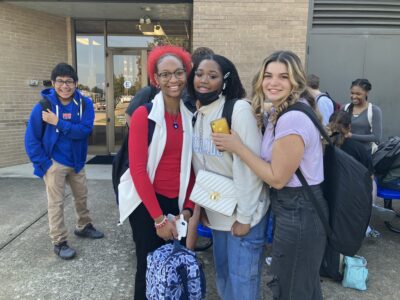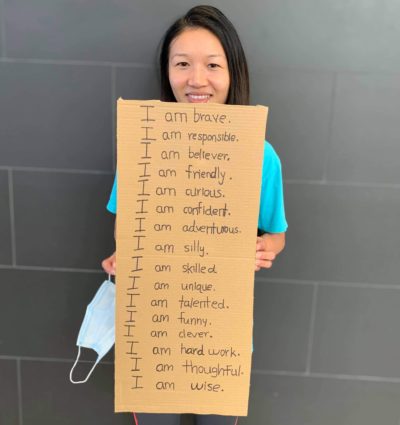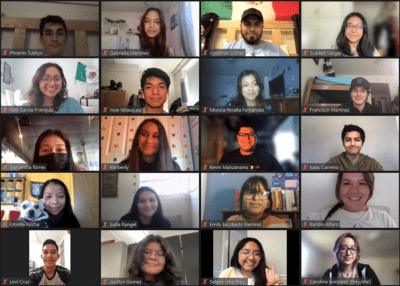
|
|
As I am driving home on the highway, I suddenly find myself behind a car that’s going below the speed limit in the left lane, and I can see the driver is talking on his phone. What do I do?
I’ll probably get right up behind him, swerving around in my lane, hoping to force him to move aside for me and for all of the other drivers that his obliviousness is impeding.
I don’t recommend this as a safe or appropriate way to handle situations like this, of course, but it’s still my default reaction.
I might first believe that I tailgated this person because he was driving too slowly in the left lane. However, that’s not really why I did it. I tailgated him because I was frustrated with him. And I was frustrated with him because I believed he was being selfish and thoughtless—talking on his phone and not caring about me or anybody else on the road.
To drive home this point (no pun intended), consider another example with the identical beginning—car driving too slowly in left lane, with the driver talking on the phone. However, what if I had some kind of “magical insight” to know that, moments before, the driver had been in the middle of passing someone, but then his doctor called with the test results he’d been anxiously awaiting all day … and he was now in the midst of learning the results were the worst news imaginable?
Even though the driver’s behavior was the exact same in the second example, thanks to my “magical insight,” my reaction would be very different. Instead of anger towards him, I’d feel sympathy for him. Instead of driving aggressively behind him, I’d be patient and give him space.
In so many circumstances, we think our behaviors are justified by “the facts”—the specific, actual events or behaviors that we’ve experienced—but in truth, they’re always a result of the stories we tell ourselves to explain those facts. This is a key theme in many leadership and self-help books, most notably “Crucial Conversations” by Kerry Patterson, Joseph Grenny, Al Switzler, and Ron McMillan.
This “event-story-emotion-reaction” chain is often not simply a one-time occurrence, either. Our own actions that follow the stories we tell ourselves are witnessed by others, who, in turn, tell themselves stories about us. They then react accordingly, and it becomes a cycle —sometimes a self-fulfilling one.
That driver in the left lane sees me bearing down on him, swerving around on his tail. What does he tell himself about the kind of person I am? How might he then react? If I was that driver, I might slow down more just to “teach that jerk behind me a lesson” so he doesn’t end up causing an accident. And if it’s true that I was in the middle of receiving devastating personal news while this driver was on my tail, my grief might quickly turn to rage. He’d be in his car getting progressively angrier with me for being selfish and thoughtless, and I’d be in my car feeling the exact same about him.
So, if we’re ever stuck in a story-telling cycle like this, how do we get out? Better yet, how do we avoid it entirely?
It begins with intentionality. Stephen R. Covey probably said it best: “In the space between stimulus (what happens) and how we respond lies our freedom to choose … We can choose our thoughts, emotions, moods, our words, our actions …” This sentiment also was powerfully conveyed in one of my favorite-ever graduation addresses, “This is Water,” given by the late David Foster Wallace.
We must remember that we always have a choice in the stories we tell ourselves.
And if we want to minimize the risk of being wrong in those stories, the good news is that “magical insight” to understand someone else’s circumstances doesn’t require magic, after all. Most of the time, we just have to remember to ask.
Imagine what our communities might look like if more of us led with empathy, if our highest goal was to seek understanding, rather than seeking agreement. Imagine how our children might grow up if their schools dedicated an equal (or even greater!) amount of resources to teaching the importance of authentic listening as we do to teaching presentation skills and public speaking.
It’s not easy, and it may even feel counter-cultural at times. However, if we’re mindful of this lesson, we could each positively shape our workplaces, improve our relationships, and transform our communities one person — and one story —at a time. (And it might even help some of us drive a bit safer and happier on the way home today, too.)
Recommended reading




